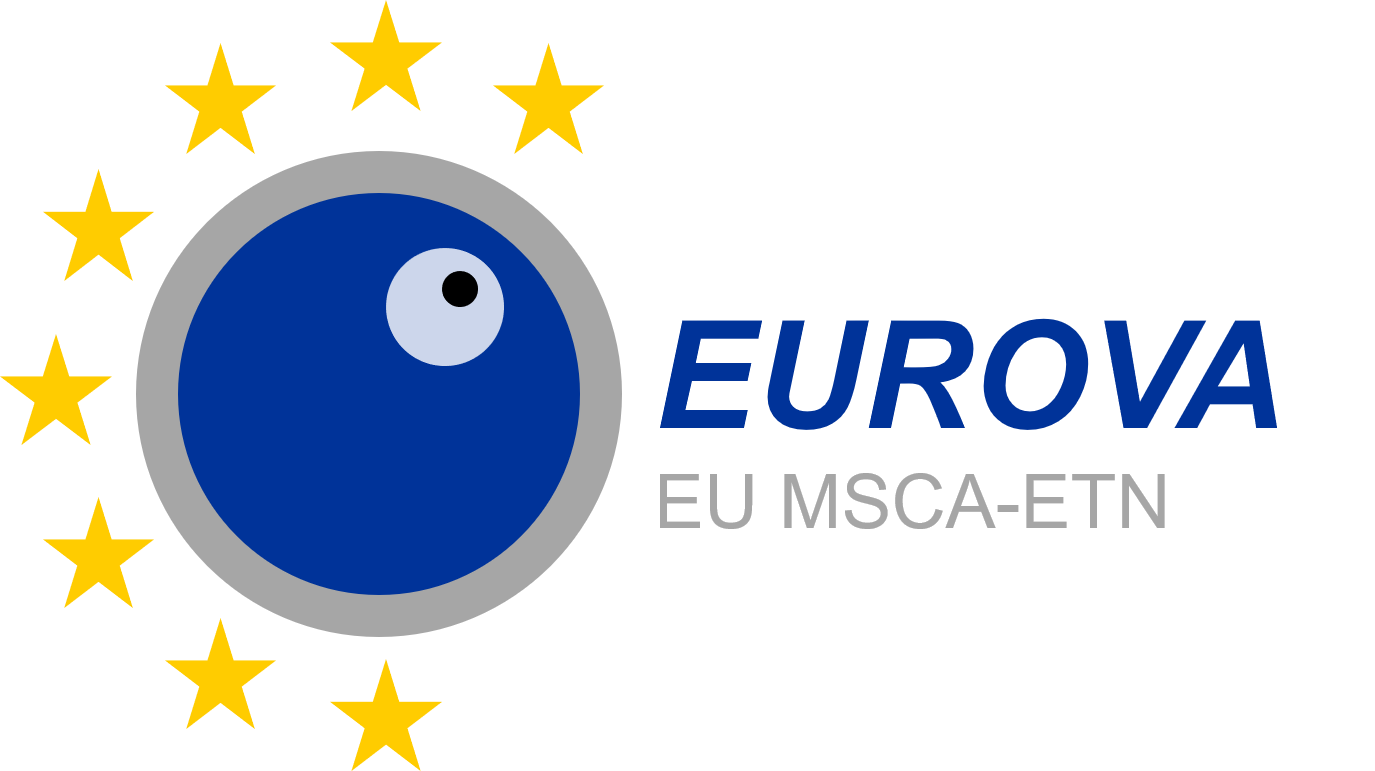Ms. Andrea Fernandez
ESR 11
Supervisor: Professor Ann Van Soom
Planned secondments: VUB (3 months) & Elvesys (3 months)
Email: Andrea.FernandezMontoro@ugent.be
Originally from Spain, I obtained my bachelor’s degree in Biochemistry at the Complutense University of Madrid. During my last year I studied the role of CCR6/CCL20 axis in human melanoma at Gregorio Marañón Health Research Institute, an experience that made my interest towards biomedicine research grow.
Particularly interested in embryology and reproductive medicine, I enrolled to the “Biology and Technology Applied to Human Assisted Reproduction” Master’s degree at the European University of Madrid. Thanks to my internship at the Valencian Institute of Infertility (IVI) I was able to live first-hand the experience of working in a professional environment while learning the main causes of sterility and available treatments for the management of infertility. In addition, I collaborated in a research project focused on extracellular vesicles characterization and their role in male infertility.
Being part of the EUROVA network is an immense opportunity for me, from which I hope to acquire strong research skills and a broad scientific perspective that surely will enhance my future career in the reproductive field.
Over the last decades, great effort has been made to improve chemical composition of the culture media used for oocyte in vitro maturation and embryo development. However, physical requirements also play an essential role during the whole growth process of the oocyte. The aim of my project is to develop a 3D culture system in bovine capable of better maintaining the follicle architecture than the 2D methods currently used, which poorly mimic the natural structures of the original tissue.
On the other hand, it has been demonstrated that extracellular vesicles (EVs) from follicular fluid are involved in the regulation of pathways controlling follicular growth as well as oocyte cytoplasmic maturation and meiosis resumption. For this reason, we will analyze the effect of EVs addition on oocyte in vitro maturation outcomes.
Finally, as oocyte growth is so vulnerable to environmental factors and as epigenetic modifications acquired during oocyte growth are essential for transcriptional regulation, for the establishment of maternal DNA methylation imprints, and for the maintenance of chromosome stability, we will assess how the different culture conditions used influence the epigenetics and chromosomal aberrations in the embryo.

